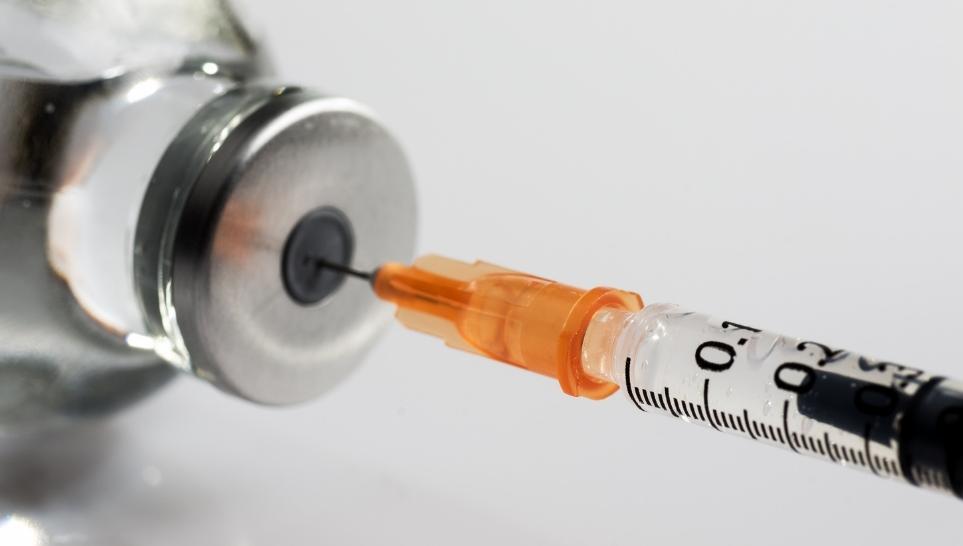What is a contraindication? What is a precaution? When it comes to vaccine and drug labels there are a lot of confusing words thrown around. Let’s look at what is a contraindication when it comes to vaccines and then what’s the difference between contraindications and precautions.
Contraindication
A contraindication is any condition or circumstance where the use of a specific treatment, drug, or vaccine is not advised because it could harm the person. There are 2 types of contraindications, absolute and relative.
Absolute Contraindication
An absolute contraindication is a situation that makes a particular treatment or procedure inadvisable. In a baby, for example, aspirin is contraindicated because of the danger that aspirin will cause.
Relative Contraindication
A relative contraindication is a condition that makes a particular treatment or procedure somewhat inadvisable but does not rule it out. For example, X-rays in pregnancy are relatively contraindicated (because of concern for the developing fetus) unless the X-rays are necessary. The treatment or drug would be acceptable to do so if the benefits outweigh the risk.
Precaution
A precaution on the other hand is an action taken to protect against possible harm or trouble or to limit the damage if something goes wrong. This would be more closely related to a relative contraindication.
An example of a precaution would be to avoid hot tubs during pregnancy as the heat can cause premature labor.
What is the difference between contraindication and precaution
The difference comes down to a situation that increases the risk of injury from the vaccine (contraindication), i.e. a severe allergic reaction to a previous dose of Hib vaccine precludes you from taking any more, and an action to take, i.e. avoid (avoiding is an action) taking a Hib vaccine if you are sick unless a doctor determines it is absolutely necessary (precaution).
Vaccine Contraindication and Precaution Example
The US Center for Disease Control and Prevention has created a Chart of Contraindications and Precautions to Commonly Used Vaccines. You can locate this chart at this link. It gives a run down of each common vaccine and whether the vaccine is contraindicated or if a precaution should be considered before a vaccination.
For example, regarding the Hib vaccine, the CDC states, “Haemophilus influenzae type b vaccine prevents meningitis (an infection of the covering of the brain and spinal cord), pneumonia (lung infection), epiglottitis (a severe throat infection), and other serious infections caused by a type of bacteria called Haemophilus influenzae type b.
It is recommended for all children under 5 years old in the US, and it is usually given to infants starting at 2 months old. The Hib vaccine can be combined with other vaccines. Some brands of vaccines contain Hib along with other vaccines in a single shot. Hib vaccine can safely be combined with other vaccines to make these combination vaccines.”
However, in their guide they say that the Hib is contradicted, or inadvisable, if the patient has had a severe allergic reaction (e.g., anaphylaxis) after a previous dose or to a vaccine component, or if the patient is younger than 6 weeks old. This means they do not recommend giving this vaccine to these group of people.
The only precaution listed is if the patient has a moderate or severe acute illness with or without fever. The physician must then determine if it is absolutely necessary for the vaccination at that specific time. If not, it should be held off until later.
More specifically in regards to precautions for vaccines, the CDC says, “Events or conditions listed as precautions should be reviewed carefully. The benefits and risks of administering a specific vaccine to a person under these circumstances should be considered. If the risk from the vaccine is believed to outweigh the benefit, the vaccine should not be administered. If the benefit of vaccination is believed to outweigh the risk, the vaccine should be administered.”






